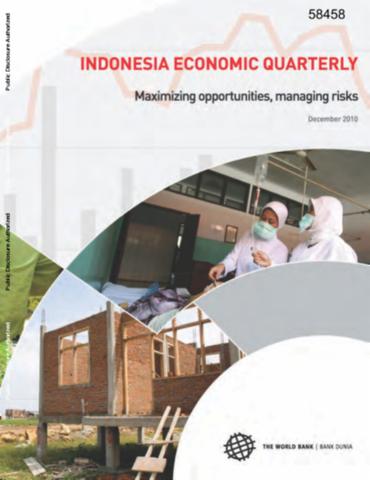Plantation development: Economic analysis of forest management in Fujian Province, China
Growing pressures on timber resources and increasing environmental awareness have generated the need to comprehensively analyze forest management in Fujian Province, China. Fujian is the most heavily forested province in China and experiences an unprecedented property rights reform and changes in investment in forestry by rights holders. This paper focuses on the net present value (NPV) and the internal rate of return (IRR) for projected financial performance of plantation management for five species in Fujian.






